Fermented Foods Rock (& Why You Should be Making Your Own)
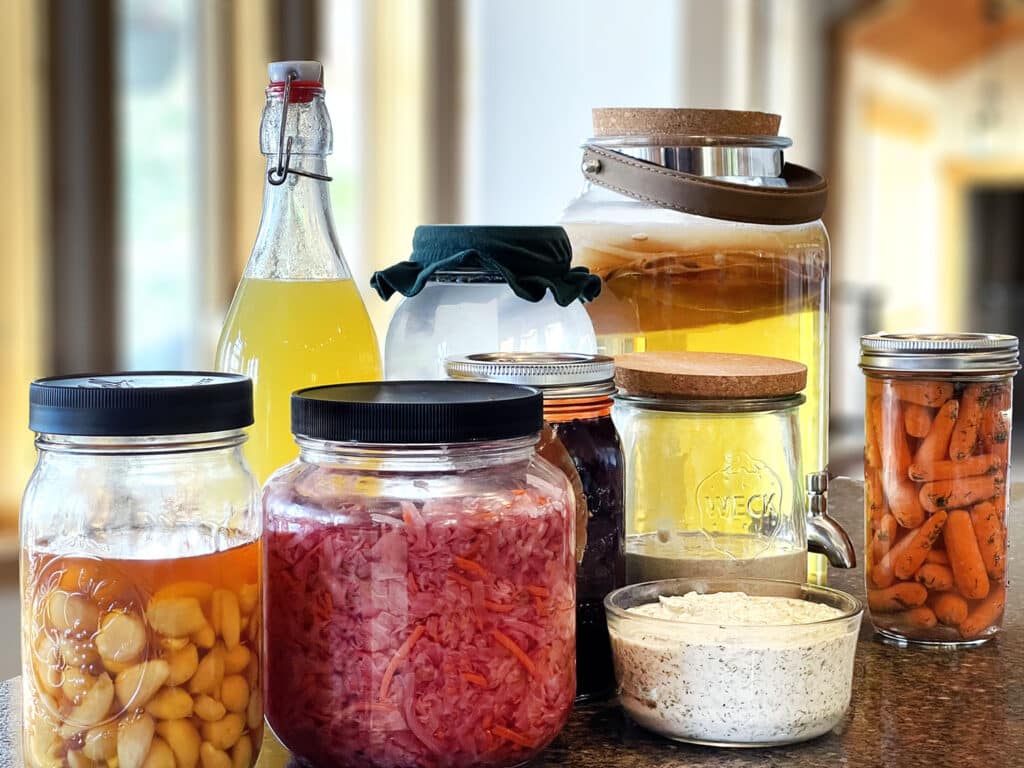
By now, most of us have at least a general understanding that maintaining healthy gut bacteria is pretty darn important to our overall health. But what exactly does that mean?
Water Kefir SOS: Troubleshooting Your Brew
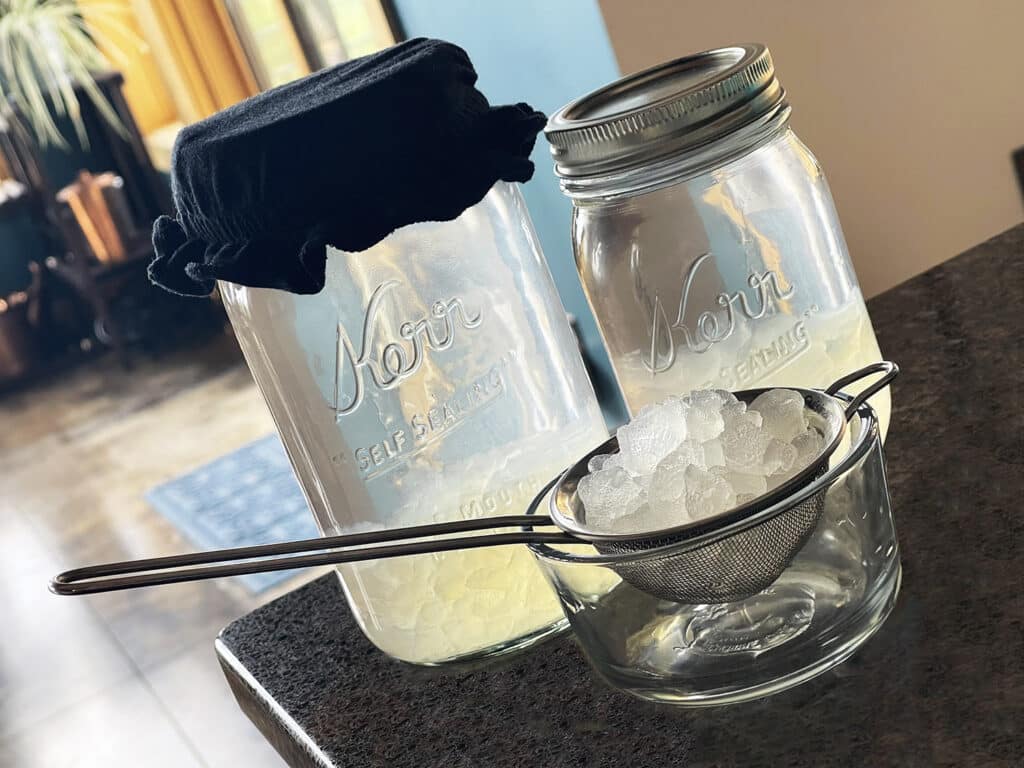
Making your own probiotic-rich water kefir can be a rewarding and cost-effective hobby, but as a living culture, it can sometimes throw you a curveball. Room temperature, water quality and inadequate nutrition are just a few factors that can influence the health of your kefir grains and the quality of your water kefir.
Tips & Tricks for Doing GAPS with Kids
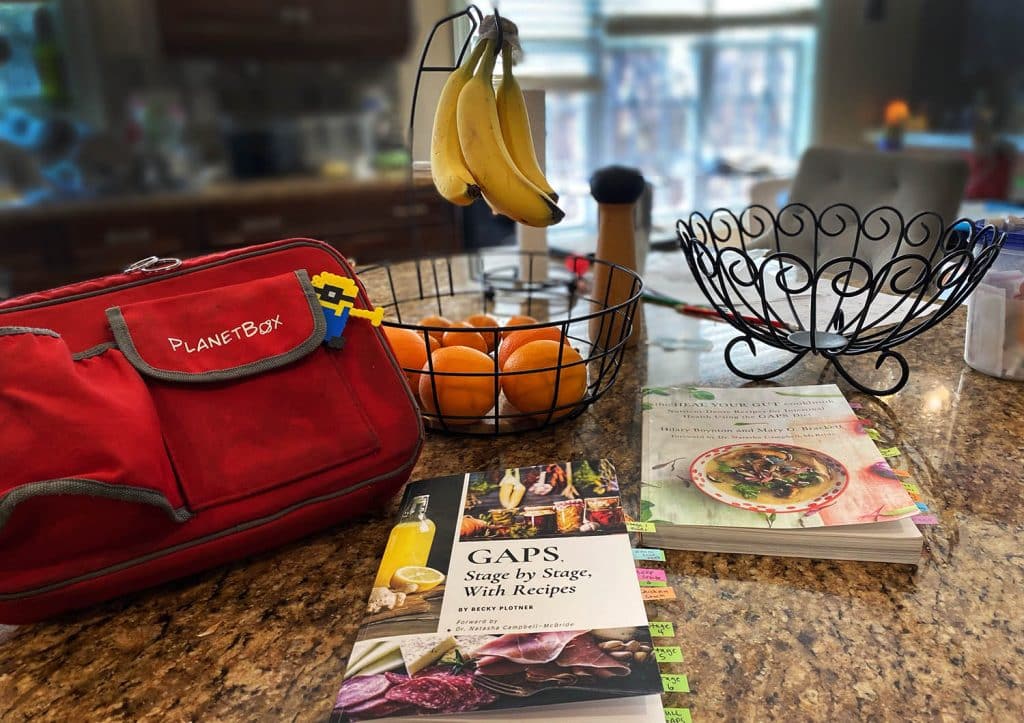
My family decided to embark on a healthier eating journey starting January 1. We committed to healthy homemade dinners every single night, no fast food at all and very minimal eating out. The style of eating we decided on is called the GAPS diet, a gut healing nutritional protocol designed by Dr. Natasha Campbell-McBride. Keep reading for some tips and tricks that helped us get the most out of our GAPS diet experience.
Preparing for GAPS
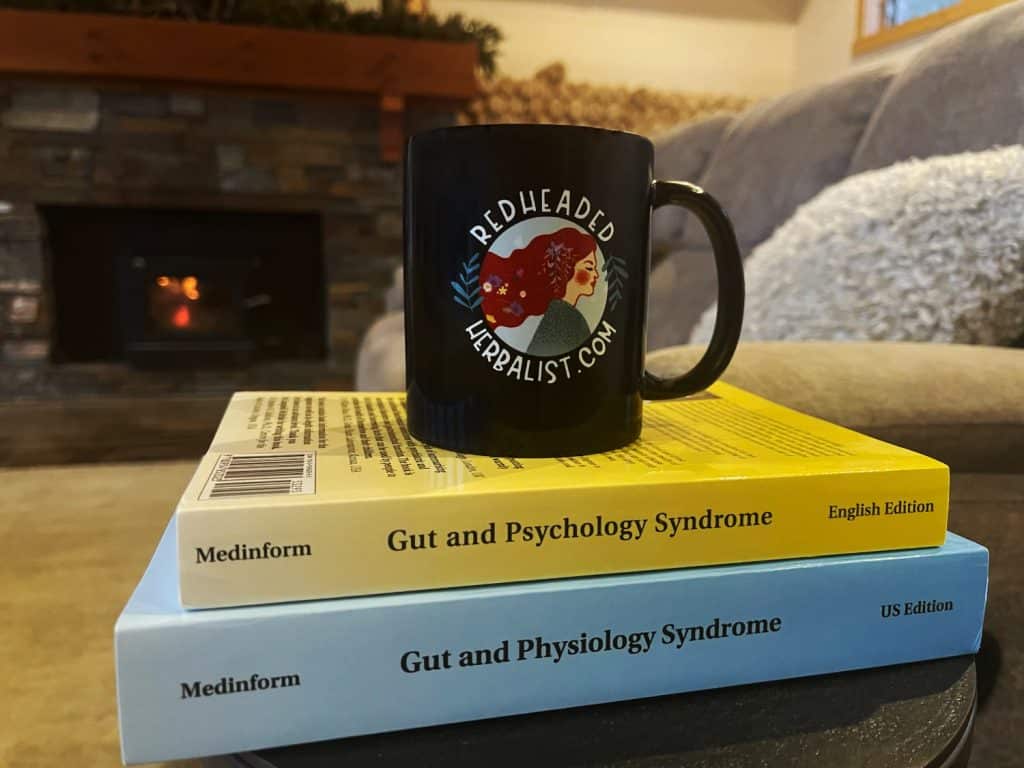
There’s no sugarcoating it; GAPS can be pretty darn time consuming and it’s a lot of pressure on the primary preparer of food.
Getting organized and planning and preparing meals and snacks in advance will save your sanity and help you to anticipate pitfalls and temptations that could derail your progress.
Let’s Talk About GAPS

Hippocrates famously stated that “All Disease Begins in The Gut.” Dr. Campbell-McBride would agree! As turns out, the health of your gut determines just about everything else.
GAPS stands for ‘Gut & Psychology Syndrome’ or ‘Gut & Physiology Syndrome’. The basic premise behind the GAPS protocol is that gut health is closely linked to overall health and that improving gut health can help improve all sorts of conditions ranging from allergies to autism, dyslexia to autoimmune disorders (and ALL chronic diseases have an autoimmune component).
The Health Benefits of Soaking Nuts & Seeds
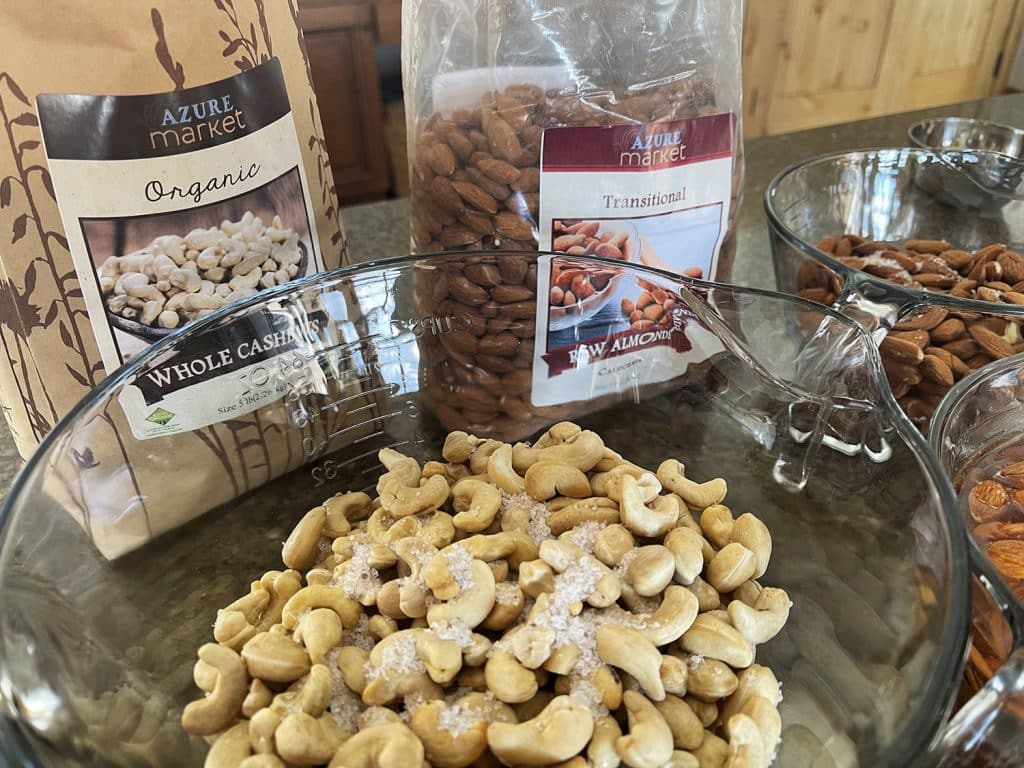
Nuts are one food that almost everyone agrees on. Whether you’re on a vegetarian, vegan, low carb/keto, Mediterranean, paleo, Weston Price traditional foodie or just trying to focus more on *real* whole foods — you probably consider nuts to be a healthy snack and a great source of good fats, fiber, vitamins and minerals.
Unfortunately, you may not be getting the full benefits if the nuts/seeds are not prepared properly. Before our fast-food culture caught on, traditional cultures all over the world considered soaking, sprouting, fermenting and ‘activating’ a non-negotiable part of preparing grains, legumes, nuts and seeds.
Water Kefir Basics
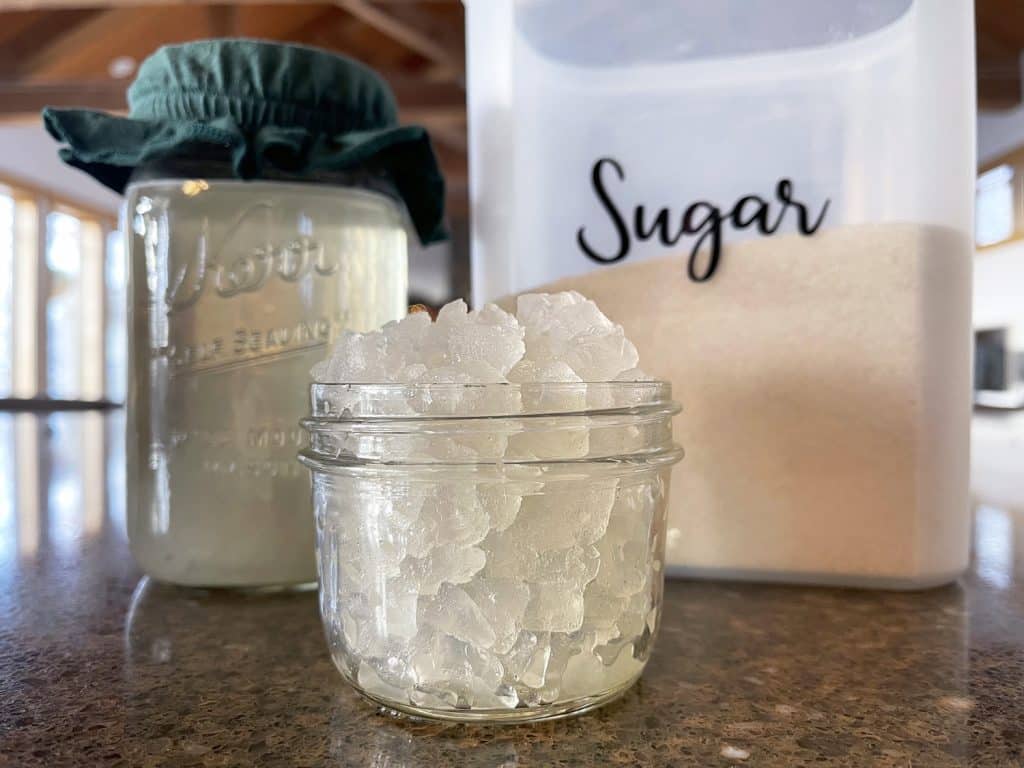
Inspired by the Wise Traditions conference we attended in October, I have recommitted myself to serving one fermented food (or beverage) with every meal.
One of our favorite (and easiest) ways to get real-food probiotics is with water kefir — a probiotic-rich beverage that is made by fermenting sugar water with a symbiotic culture of bacteria and yeast.
Quick Fermented Garlicky Beets
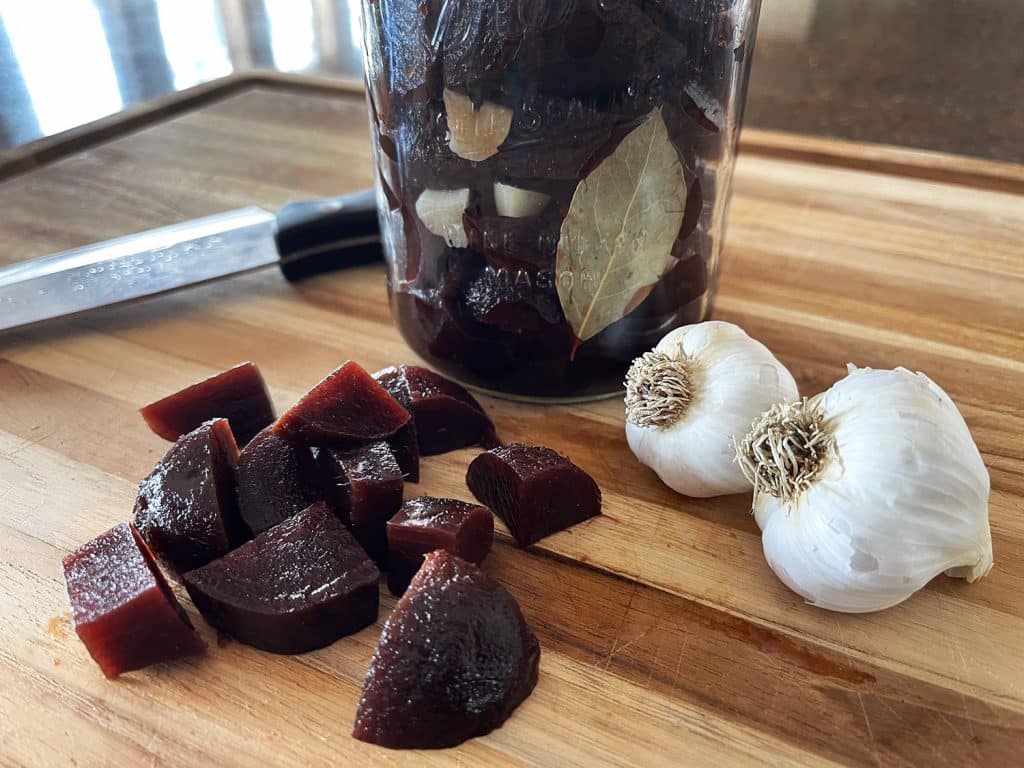
In addition to the standard perks of transforming a vegetable into a probiotic food rich in beneficial microbes, fermenting beets also reduces oxalates, which improves the bioavailability of minerals. It also preserves the beet’s vitamins C and reduces its sugar content as the lactic acid bacteria consumes beet sugar during the fermentation process.
Fermenting stabilizes and preserves the precious betalains we talked about earlier. Studies suggest that lacto-fermentation can preserve betalain levels for up to a month with no degradation.
Wise Traditions & Homemade Sauerkraut
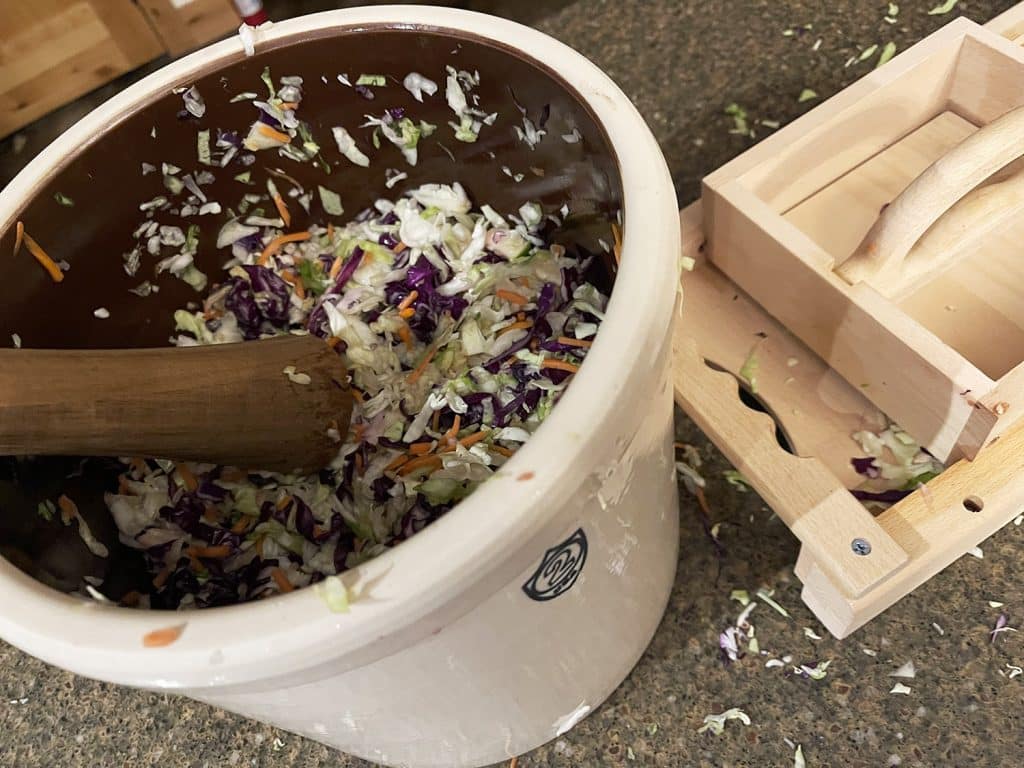
Diet plays a vital role in the composition of our gut’s microbiota terrain and, consequently, shapes the immune system. Consuming fermented foods such as sauerkraut naturally supports microbiome diversity, which not only helps to maintain proper digestive function and a healthy metabolism, it directly affects our health and mood.
Practicing Nasya at Home
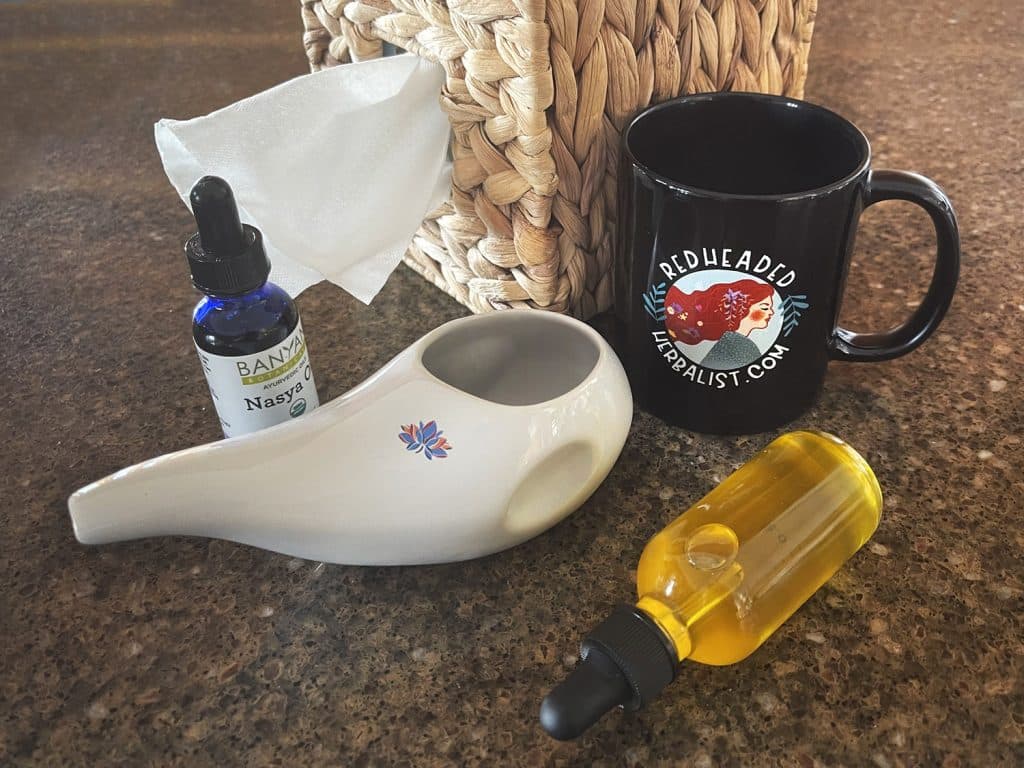
The Ayurvedic practice of nasya (pronounced nah-si-ya) is the therapeutic ritual of oiling the nostrils and administering herbal therapies via the nasal cavity. The oil nourishes and cleanses the tissues, helping them to remain moist, healthy and balanced. The oil also acts as a protective physical barrier against allergens and environmental pollutants, reducing inflammation and preventing mucus from reforming.
